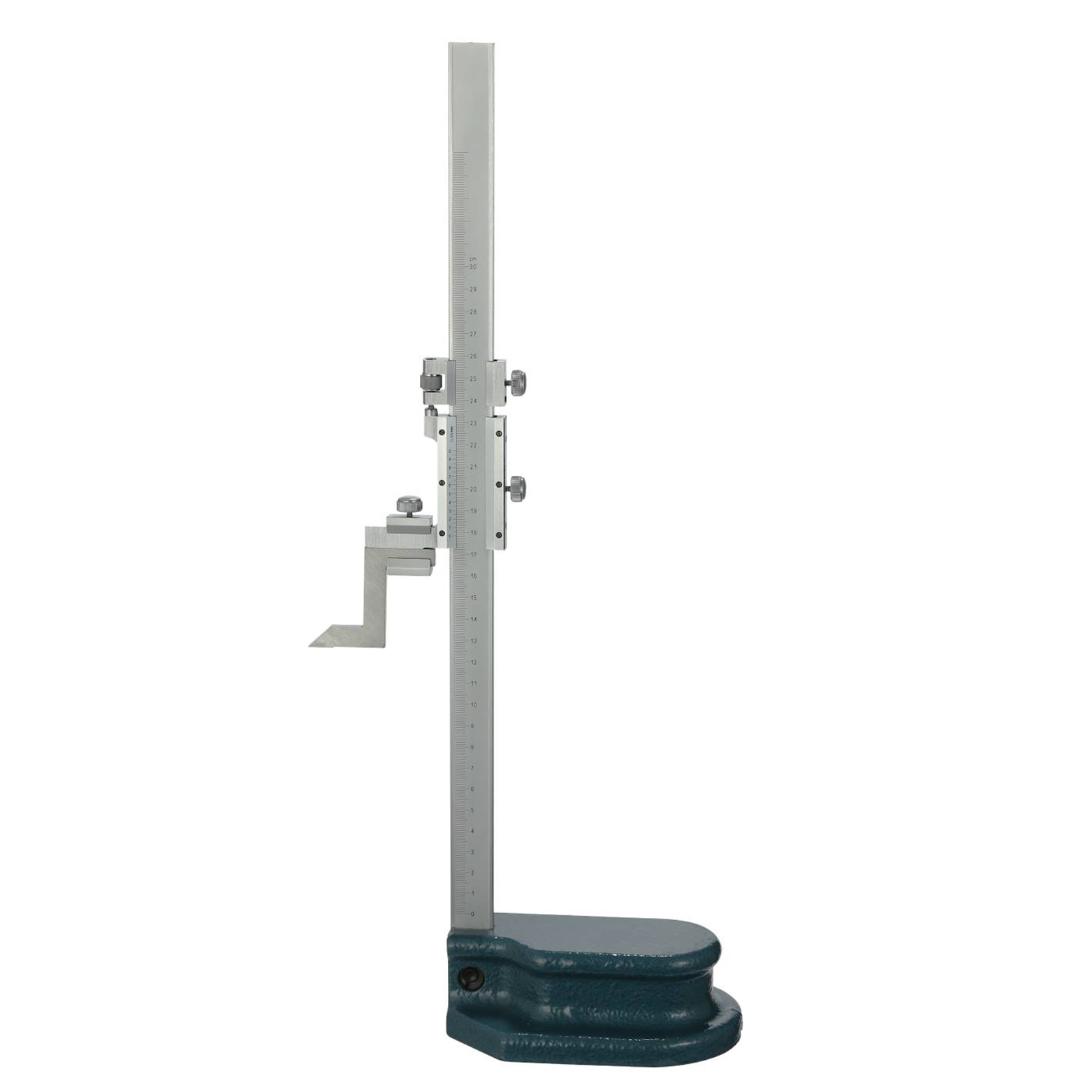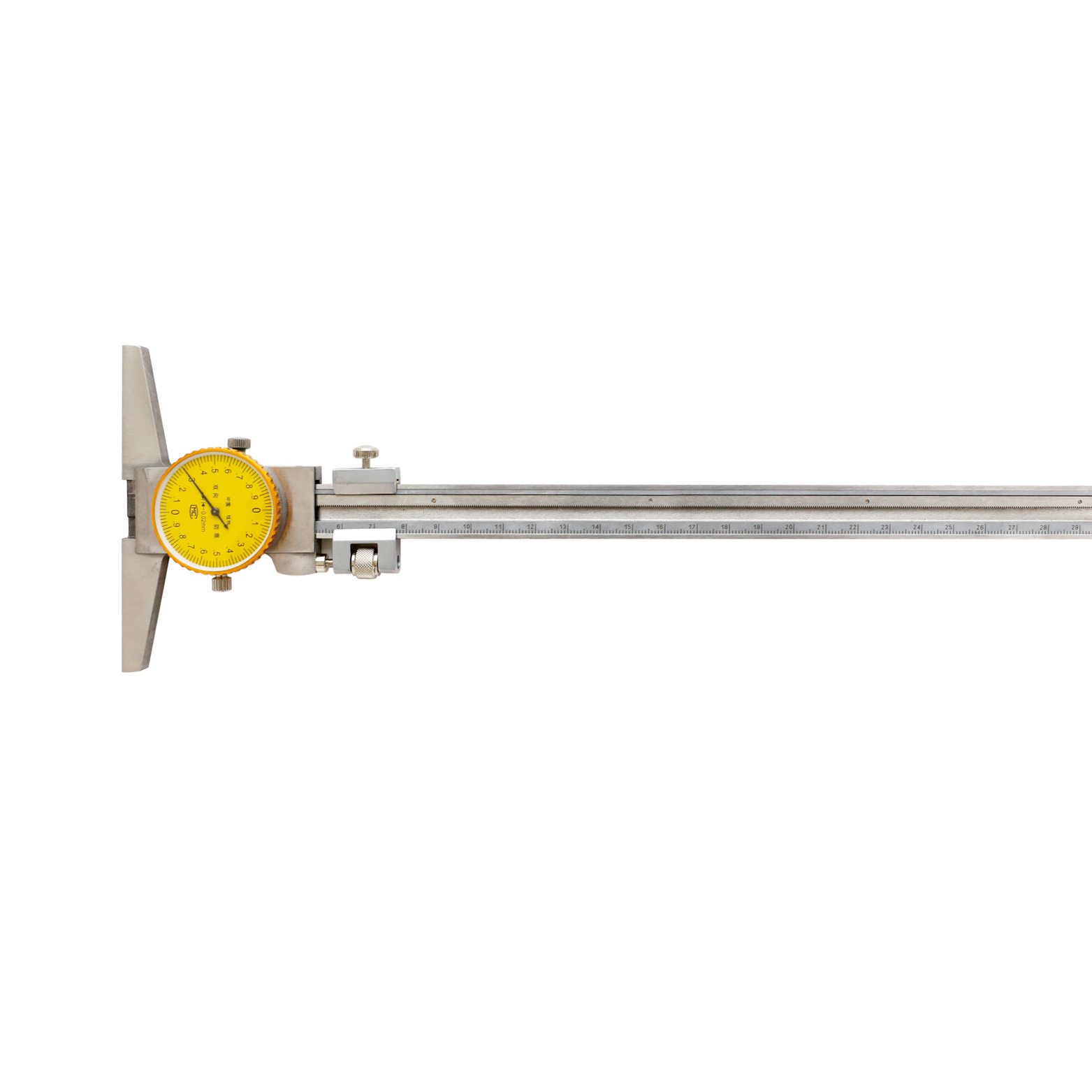High-Quality disk micrometer
A high-quality disk micrometer is a precision measuring instrument specifically designed for measuring the thickness of thin materials, such as paper, film, and sheet metal. Its unique design, featuring a disk-shaped anvil, allows for accurate and repeatable measurements while minimizing the risk of damage or deformation to the measured material. Choosing the right disk micrometer depends on factors like accuracy requirements, material type, and measurement range.
Understanding Disk Micrometers
What is a Disk Micrometer?
A disk micrometer is a specialized type of micrometer characterized by its large, flat, disk-shaped anvil and spindle. This design distributes the measuring force over a wider area, making it ideal for measuring compressible or easily deformed materials. Unlike standard micrometers with pointed or small contact surfaces, disk micrometers prevent indentation and ensure more accurate thickness readings. The products you find on Wayleading Tools, a trusted supplier, meet rigorous accuracy standards.
Key Features of a High-Quality Disk Micrometer
When selecting a high-quality disk micrometer, consider the following features:
- Accuracy: Look for micrometers with high accuracy specifications, typically expressed in microns (μm) or thousandths of an inch (.0001').
- Resolution: The resolution refers to the smallest increment that the micrometer can measure. Higher resolution provides finer measurements.
- Disk Material: The disks are usually made of hardened steel or carbide for durability and resistance to wear.
- Disk Size: Larger disk diameters provide greater stability and reduce the risk of material deformation. Common disk sizes range from 10mm to 20mm.
- Measuring Range: Choose a micrometer with a measuring range that suits your application needs. Common ranges include 0-25mm (0-1 inch) and 0-50mm (0-2 inches).
- Digital or Analog: Digital micrometers offer easy-to-read displays and often include features like data output and preset functions. Analog micrometers are more affordable and reliable for basic measurements.
- Frame Material: A sturdy frame made of cast iron or steel ensures stability and accurate measurements.
- Spindle Lock: This feature allows you to lock the spindle in place to maintain a measurement while reading the display.
Applications of Disk Micrometers
Measuring Thin Materials
The primary application of a disk micrometer is measuring the thickness of thin, flexible, or compressible materials. These materials include:
- Paper and cardboard
- Plastic film and sheets
- Rubber and foam
- Textiles and fabrics
- Leather
- Sheet metal (thin gauges)
These micrometers are invaluable in industries requiring precise thickness control to meet quality standards, for example the quality control provided by Wayleading Tools.
Specific Industry Uses
Several industries rely heavily on high-quality disk micrometers:
- Paper Manufacturing: Ensuring consistent paper thickness for printing and packaging.
- Plastics Industry: Measuring the thickness of plastic films used in packaging, agriculture, and construction.
- Textile Industry: Determining the thickness of fabrics for apparel and industrial applications.
- Metalworking: Measuring the thickness of thin metal sheets used in electronics, automotive, and aerospace.
Choosing the Right Disk Micrometer
Factors to Consider
Selecting the appropriate disk micrometer involves considering several key factors:
- Material Being Measured: The type of material dictates the required measuring force and disk size. Softer materials require larger disks and lower measuring forces to prevent deformation.
- Required Accuracy: Determine the level of accuracy needed for your application. Higher accuracy micrometers typically come with a higher price tag.
- Measurement Range: Ensure that the micrometer's measuring range covers the thickness range of the materials you will be measuring.
- Budget: Disk micrometers range in price from a few hundred dollars to several thousand dollars. Establish a budget before you start shopping.
- Digital vs. Analog Preference: Digital micrometers offer convenience and advanced features, while analog micrometers are more robust and affordable.
Top Disk Micrometer Brands
Several reputable brands offer high-quality disk micrometers. Some of the leading brands include:
- Mitutoyo
- Starrett
- Mahr
- Brown & Sharpe
- Fowler
Research different models from these brands to find the best fit for your specific needs.
Maintenance and Calibration
Proper Care for Longevity
To ensure the accuracy and longevity of your disk micrometer, follow these maintenance practices:
- Cleaning: Regularly clean the anvil and spindle with a soft cloth to remove dust, dirt, and oil.
- Storage: Store the micrometer in its protective case in a dry and clean environment.
- Lubrication: Apply a small amount of instrument oil to the spindle threads to ensure smooth operation.
- Avoid Dropping: Handle the micrometer with care to avoid dropping or damaging it.
Calibration Procedures
Regular calibration is essential to maintain the accuracy of your disk micrometer. Follow these guidelines:
- Calibration Frequency: Calibrate your micrometer at least once a year, or more frequently if it is used heavily or exposed to harsh conditions.
- Calibration Standards: Use certified gauge blocks or calibration standards to verify the micrometer's accuracy.
- Calibration Services: Consider using a professional calibration service for accurate and traceable calibration.
Example Scenarios
| Scenario | Application | Recommended Micrometer |
|---|---|---|
| Measuring Paper Thickness in Printing | Ensuring consistent paper stock for high-quality prints. | Mitutoyo 293-240 Digital Disk Micrometer |
| Measuring Plastic Film Thickness for Packaging | Verifying film thickness to meet packaging specifications. | Starrett 220XFL Disk Micrometer |
| Measuring Leather Thickness in Shoe Manufacturing | Controlling leather thickness for consistent shoe quality. | Mahr 40 T Disk Micrometer |
Conclusion
Investing in a high-quality disk micrometer is essential for accurate and reliable thickness measurements of thin and compressible materials. By understanding the key features, applications, and maintenance requirements, you can select the right micrometer for your specific needs and ensure its long-term performance. Remember to choose trusted suppliers like Wayleading Tools for your precision measurement needs.
Related products
Related products
Best selling products
Best selling products-
 SCFC Indexable Boring Bar
SCFC Indexable Boring Bar -
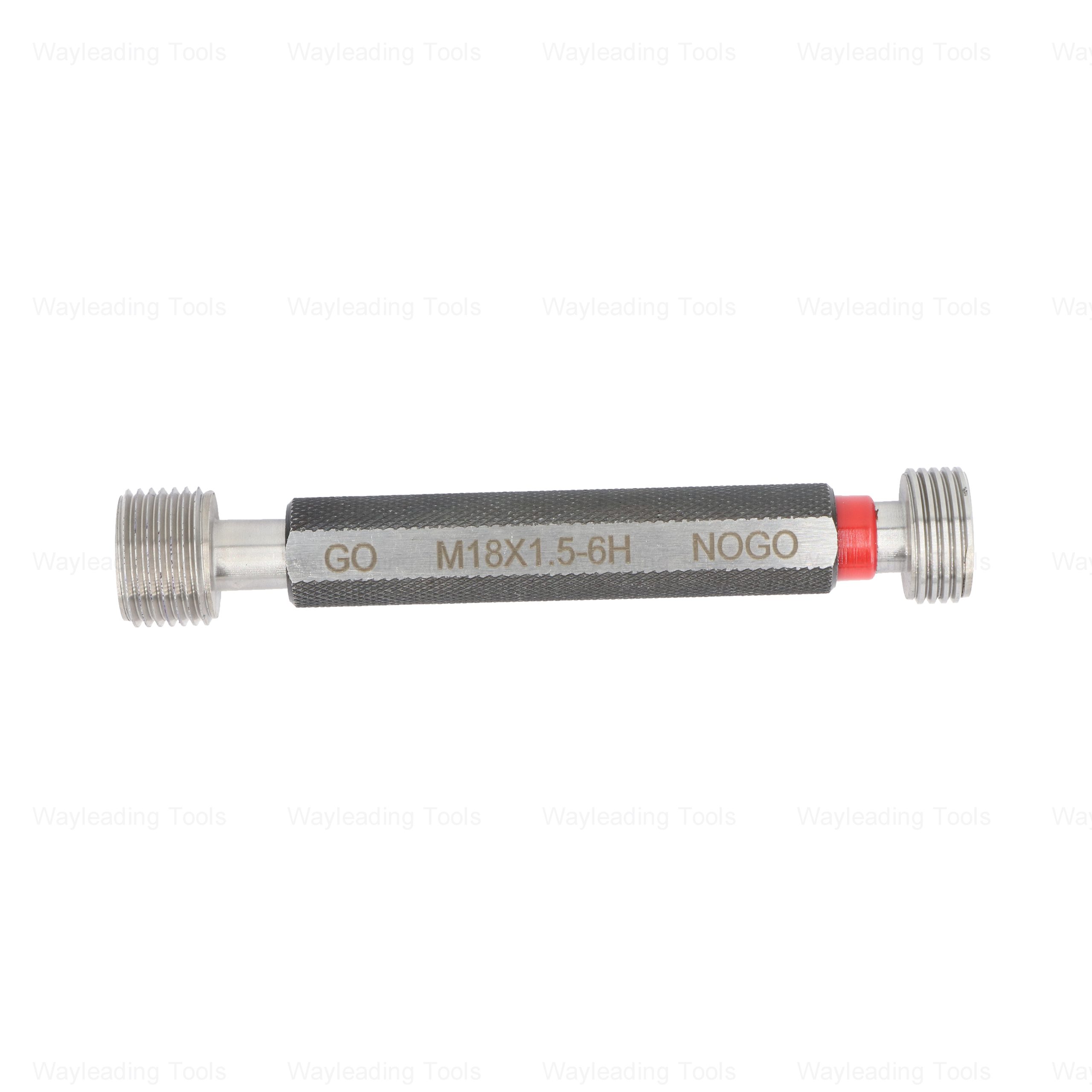 High-Precision Metric Thread Plug Gauge – 6H Class, GO & NO-GO Ends
High-Precision Metric Thread Plug Gauge – 6H Class, GO & NO-GO Ends -
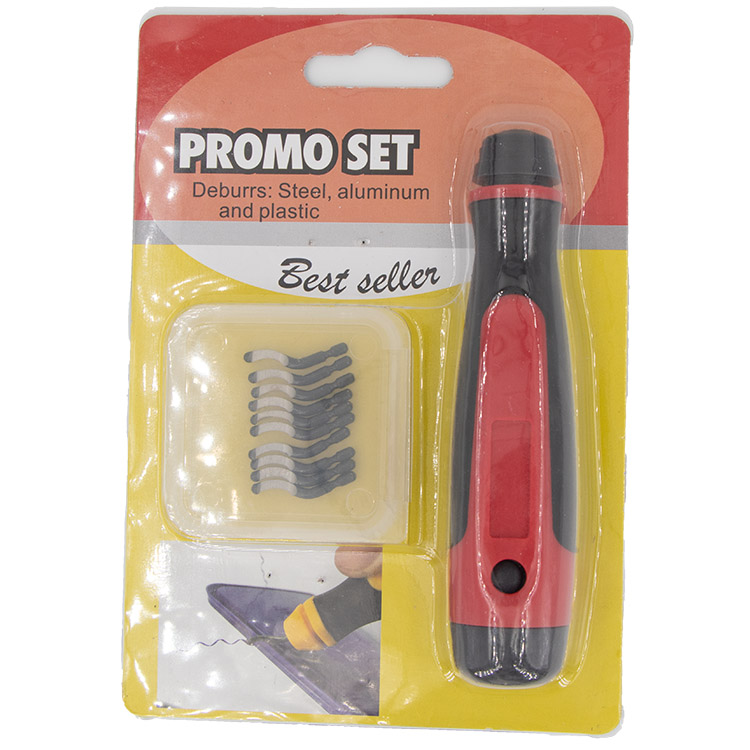 Type B Light Duty Deburring Tool Set With Deburring Holder And Deburring Blade
Type B Light Duty Deburring Tool Set With Deburring Holder And Deburring Blade -
 Digital Indicator – Precision Type, Inch/Metric, Industrial Grade
Digital Indicator – Precision Type, Inch/Metric, Industrial Grade -
 Precision Expanding Mandrel From 9/16″ to 3-3/4″
Precision Expanding Mandrel From 9/16″ to 3-3/4″ -
 Precision Digital Caliper Of With Metric & Inch Size For Industrial
Precision Digital Caliper Of With Metric & Inch Size For Industrial -
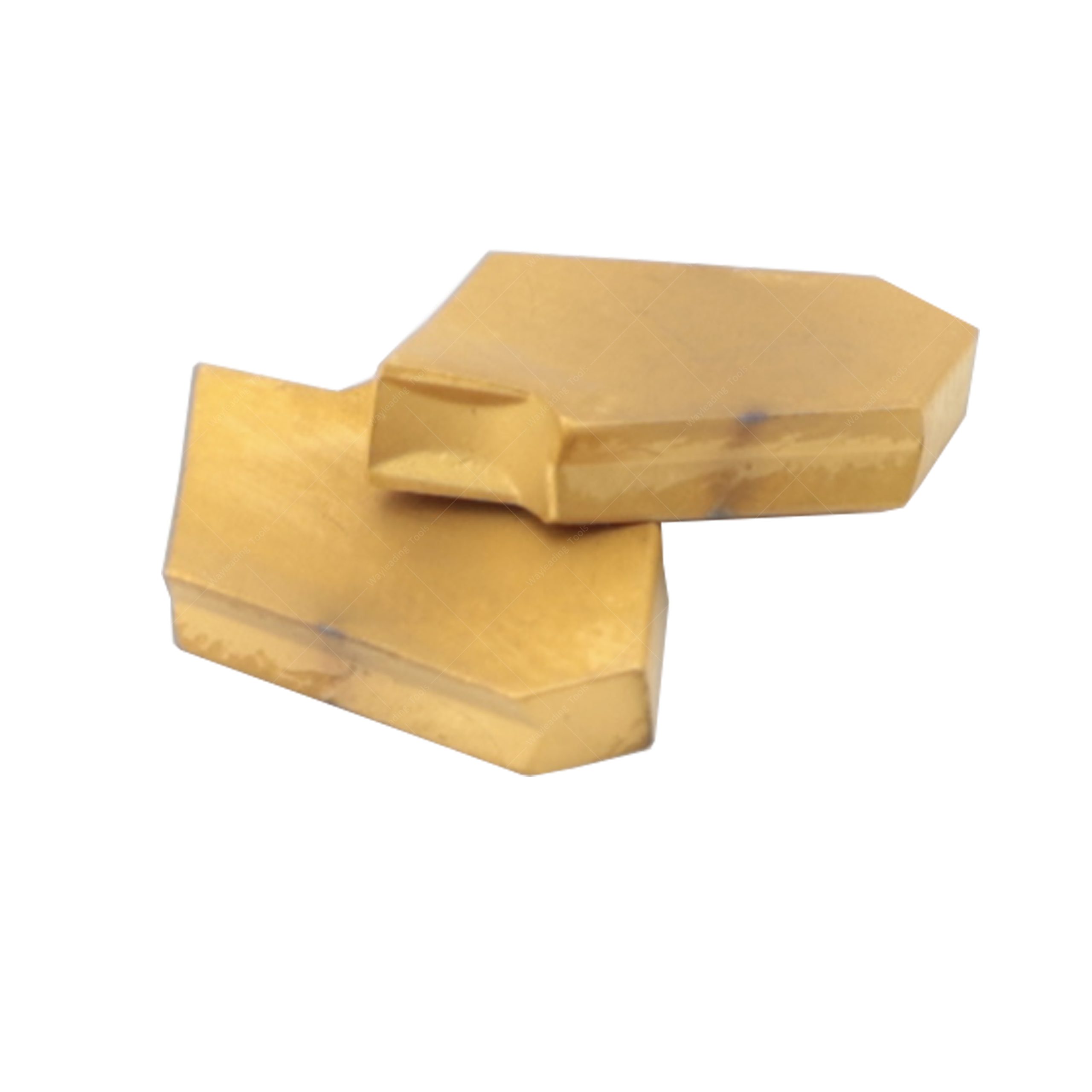 GTN Parting & Grooving Insert For NCIH Blade
GTN Parting & Grooving Insert For NCIH Blade -
 Precision Outside Micrometer Of Inch & Metric With Rachet Stop
Precision Outside Micrometer Of Inch & Metric With Rachet Stop -
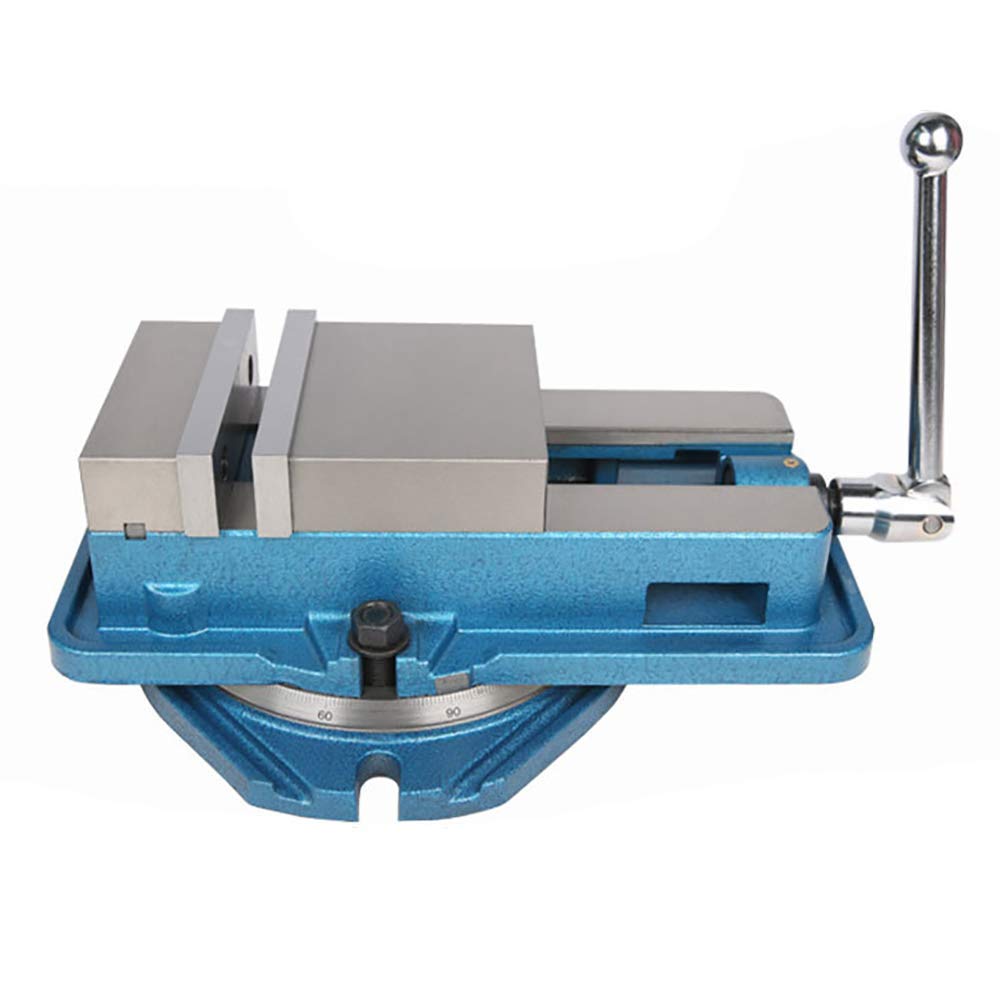 QM ACCU-Lock Precision Machine Vises With Swivel Base
QM ACCU-Lock Precision Machine Vises With Swivel Base -
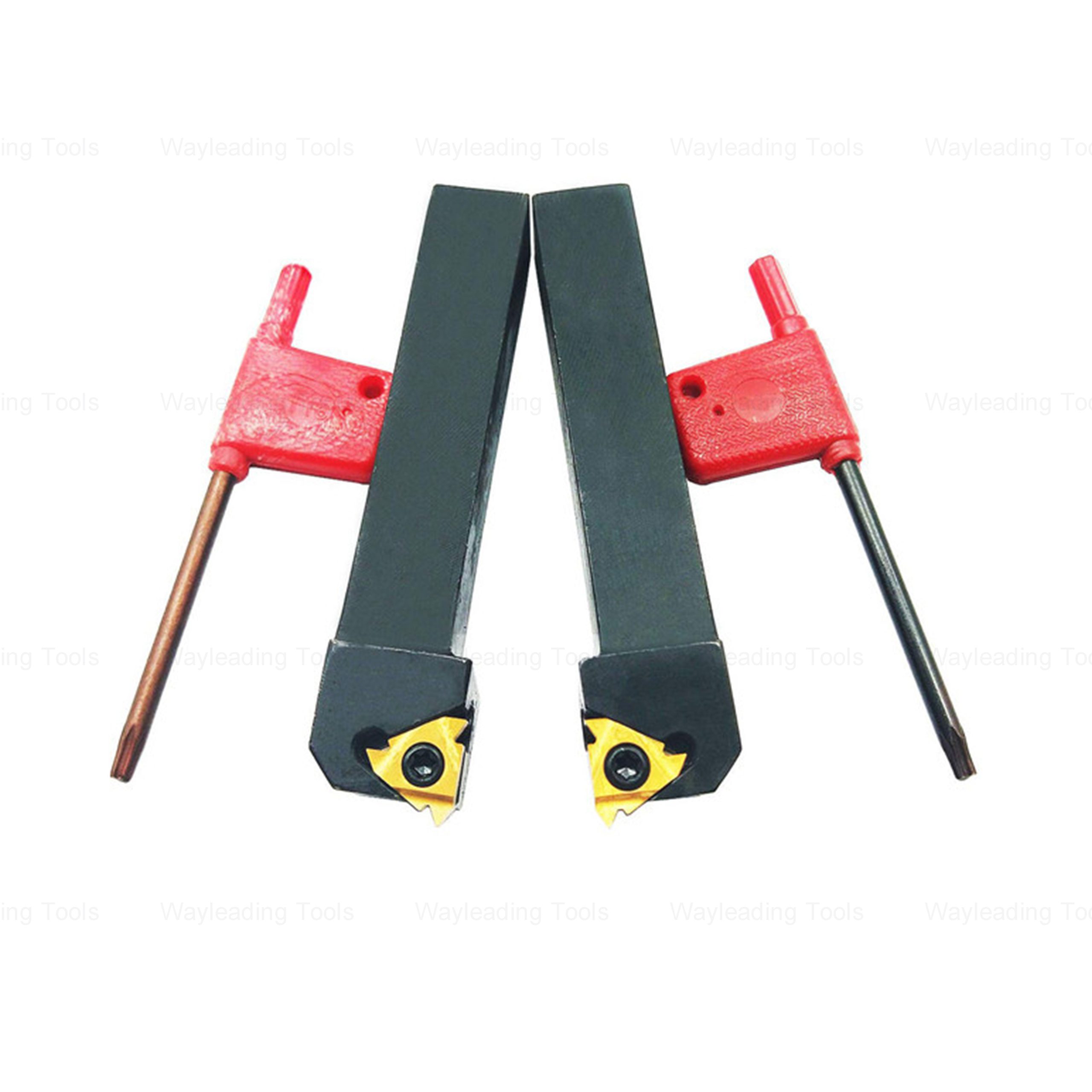 Indexable External Threading Tool Holder – SER / SEL, Metric & Inch
Indexable External Threading Tool Holder – SER / SEL, Metric & Inch -
 HSS 3PCS DIN352 Hand Tap Set With Taper And PLUG Or Bottoming Tap
HSS 3PCS DIN352 Hand Tap Set With Taper And PLUG Or Bottoming Tap -
 Precision V Block And Clamps Set With High Quality Type
Precision V Block And Clamps Set With High Quality Type
Related search
Related search- High-Quality center drill bit
- bore gauge Manufacturer
- outside caliper Manufacturer
- High-Quality indexable threading chaser
- High-Quality indexable drilling cutters
- High-Quality 6pcs HSS countersink set
- parting tool holder Manufacturers
- SDQC boring bar Factories
- Milling Insert Factory
- High-Quality lathe tooling kit


